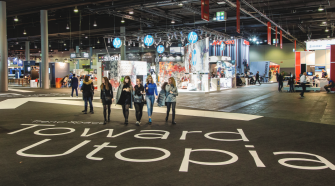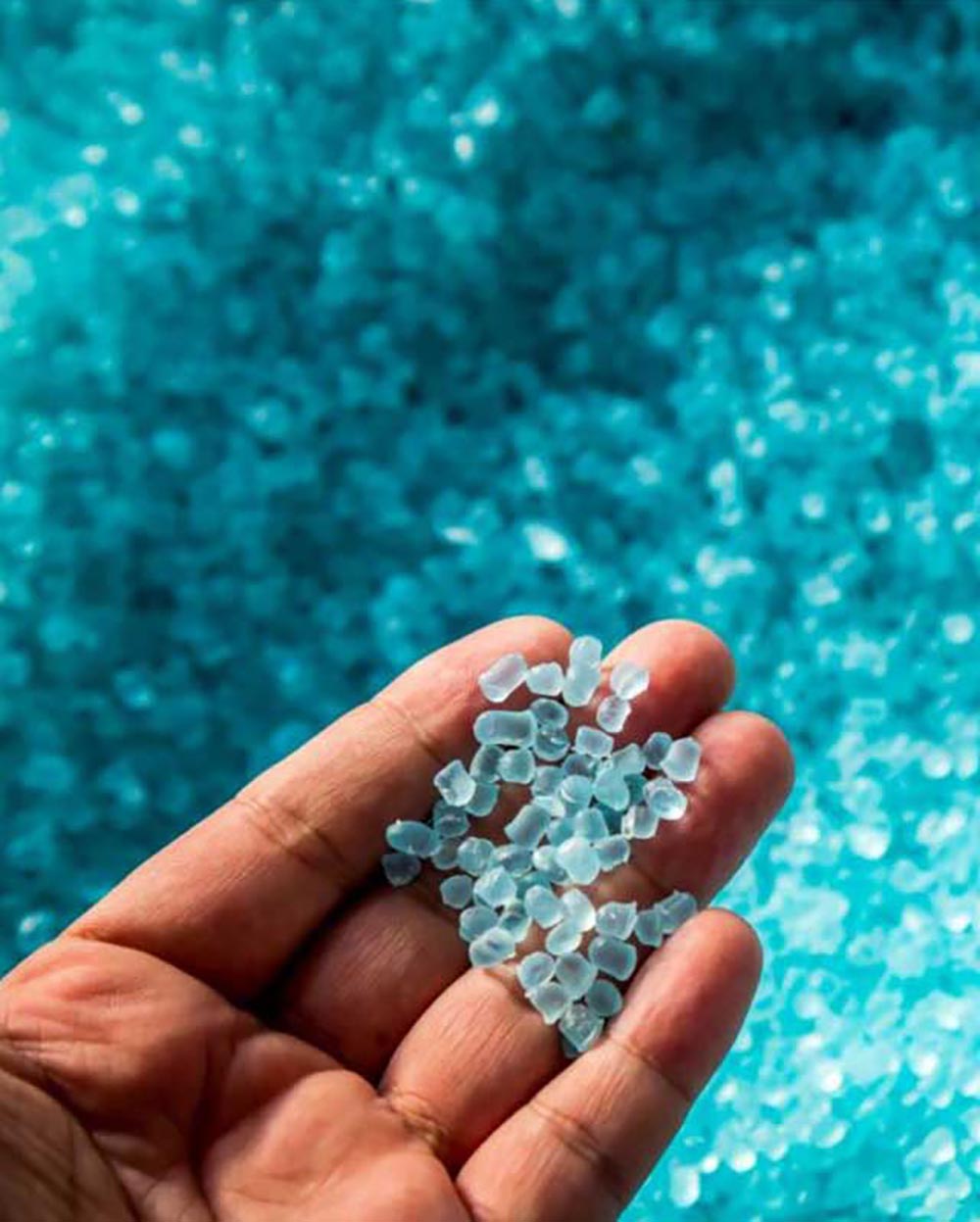
Swiss textile machinery companies look to growth in carbon and glass fiber composites
The majority of the members of Swissmem’s association of Swiss textile machinery manufacturers have their origins in technology for the processing of cotton fibers, and as the textile industry developed, synthetics. It has been calculated, in fact, that the association’s 44 members can draw on a staggering 4,011 years of combined engineering and processing know-how between them, but all have greatly diversified over the years.

Heimtextil 2019: New fiber functionality for a mass market
Attracting over 3,000 exhibitors to Frankfurt in Germany, the 49th Heimtextil home textiles show kicked off the 2019 textile trade fair calendar from January 8-11th.The European home textiles market is worth around an annual €27 billion and serviced by a decidedly global supply chain, reflected in the event’s participants hailing from no less than 65 countries.Among them were some of the leaders in fibers and raw materials, such as Germany’s Trevira, which leads the field with its Trevira

Denim manufacturers are eager for fiber innovations
By Adrian Wilson, International Correspondent
Advanced fibers are now critical to the marketing campaigns of fabric mills supplying the $60 billion denim apparel market. Differentiation is the key in this highly competitive field and companies are quick to jump on any new development that can provide it.
Over the past decade, huge vertically-integrated capacities for the production of denim have been built up by companies in the three major manufacturing countries of the Indian subcontinent

Upcycling for the circular economy – the next big venture for Indorama?
As reported in the review of the Dornbirn Global Fiber Congress 2018 by Geoff Fisher in the October issue of International Fiber Journal, the push towards the circular economy is very much animating manufacturers at present.
Among notable moves in this direction is the joint venture signed recently between Indorama Ventures and a fast-rising new chemicals company – Loop Industries, based in Montréal, Quebec, Canada.
There was little indication back in 1994, when Indorama Holdings became Thailand’s first worsted wool yarn producer, that in under a quarter of a century it would rise to become one of the biggest – and certainly the most diversified – synthetic fiber and fiber feedstocks producers in the world.

Upcycling for the Circular Economy – the Next Big Venture for Indorama?
As reported in the review of the Dornbirn Global Fiber Congress 2018 by Geoff Fisher in the October issue of International Fiber Journal, the push towards the circular economy is very much animating manufacturers at present.
Among notable moves in this direction is the joint venture signed recently between Indorama Ventures and a fast-rising new chemicals company – Loop Industries, based in Montréal, Quebec, Canada.
There was little indication back in 1994, when Indorama Holdings became Thailand’s first worsted wool yarn producer, that in under a quarter of a century it would rise to become one of the biggest – and certainly the most diversified – synthetic fiber and fiber feedstocks producers in the world.

